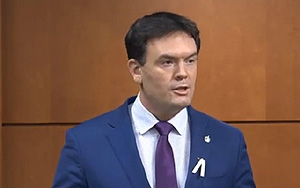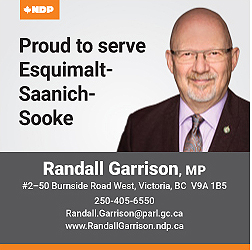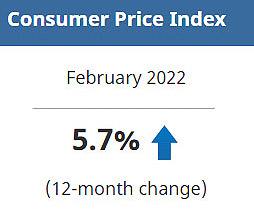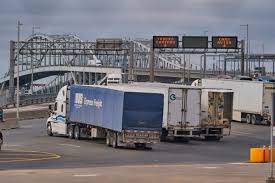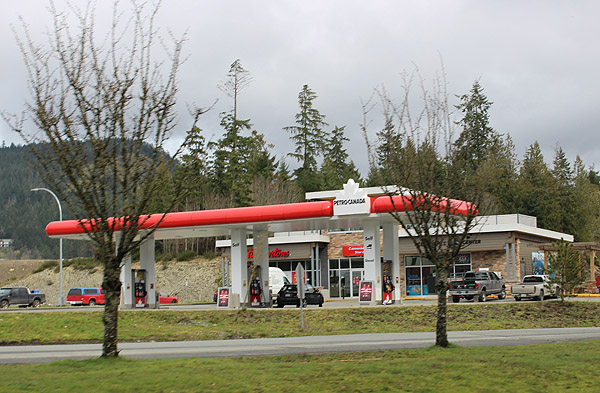
Monday March 21, 2022 | SOUTH VANCOUVER ISLAND, BC
by Mary P Brooke | Island Social Trends
Families on Vancouver Island have had a harder time making ends meet with the cost of gas rising across the region, say three NDP MPs here on South Vancouver Island.
They point out that the cost of gas at the pump in Sooke was up to $2.16 per litre last week.
Calling for an excess profit tax:
Local NDP MPs Randall Garrison (Esquimalt-Saanich-Sooke), Laurel Collins (Victoria) and Alistair MacGregor (Cowichan-Malahat-Langford) are joining New Democrats in calling for an excess profit tax on oil companies who are making billions of dollars in profits.
The proposal would allow for the tax revenue to be redistributed to Canadians and provides as a way for the government to step in and stand up to massive oil companies who are gouging people at the pumps.
Harder to make ends meet:
“I’ve heard from so many people in my community who have been struggling to pay their rent and their grocery bills over the past few months. Now, with the cost of gas skyrocketing, things are only going to get harder on people who are already struggling,” said Garrison. “The Liberal government needs to step up for people on Vancouver Island and across Canada and make sure they can make ends meet.”
“Given the high cost of housing in Victoria people here have already been pinching pennies so they can get by. The rising cost of gas means more people will be living paycheck to paycheck,” said Collins. “People shouldn’t have to struggle to find an affordable place to live or to pay for their weekly grocery shop. New Democrats will continue to stand up for Canadians to get them the help they need.”
Last week (on March 16) it was reported by Statistics Canada that the Consumer Price Index (CPI) rose 5.7 percent in February from a year earlier, up from 5.1 percent in January. That’s a 30-year high.
Excluding gasoline, the CPI rose 4.7% year over year in February, surpassing the gain in January (+4.3%) when the index increased at the fastest pace since its introduction in 1999.
The February 2022 Victoria Real Estate Board average sale price of a single family home in the west shore was $1,174,724 in Colwood, higher in Sooke at $1,231,188, and even higher in Langford at $1,319,027; the Greater Victoria average house sale price last month was $1,429,618.
Supply chain interruptions:
Supply chain interruptions caused now by overall by the war situation in Europe, earlier this year during the trucker convoys, and last year during COVID work-impacted situations have led to cost increases on many things across the board, especially where transportation of products is required.
This week a CP Rail workers strike will further disrupt supply chains of materials that are mostly used to produce other end-products (causing a ripple effect in the cost of many other products).
Generally speaking, wages have not been keeping up with inflation or the cost of living, for many years now.
Big oil companies:
While everyday people struggle to take care of themselves and their families, big box stores and oil companies are making record profits. Oil companies like Enbridge made $1.84 billion in net income last year while Canadian Natural Resources and Suncor made respectively $2 billion and $1.5 billion in net income in the fourth quarter alone, according to the NDP. Imperial Oil made enough money to increase its dividend by nine percent in the fourth quarter.
Stop war profiteering:
Although gas prices were rising before the war in Ukraine, the Russian invasion has driven the price of oil even higher. The NDP says the federal government has a responsibility to stop the war profiteering from human misery in Ukraine and provide support to everyday Canadians.
Everyday support:
“How is it fair that the richest among us have made a fortune in recent years while everyday families are stretched to the limit?” added MacGregor.
“It’s time for the Liberal government to step in, demand the ultra-rich to pay their fair share and use that revenue to help families who have already been through so much these past two years,” he said last week.
Guaranteed livable income:
During the first phases of the COVID pandemic, it was the federal NDP that pushed for the Canada Emergency Response Benefit (CERB) which staved off economic panic.
The Employment Insurance (EI) program proved insufficient to serve all Canadians during the pandemic.
The experience of CERB has firmly planted the successful experience of something that could eventually morph into a Guaranteed Livable Income.
Guaranteed Livable Income (GLI) is defined as an unconditional and universal income administered by federal governments and granted to individuals to ensure that no person’s income falls below what is necessary for health, life and dignity.
The Guaranteed Income Supplement (GIS) for low-income seniors and the Child Benefit for low-income families are current examples of programs that attempt to maintain income at a livable level. But those are targeted and don’t offer the assurance to the general population for underpinning their financial security during any forced or unexpected shifts and pivots in their income.



